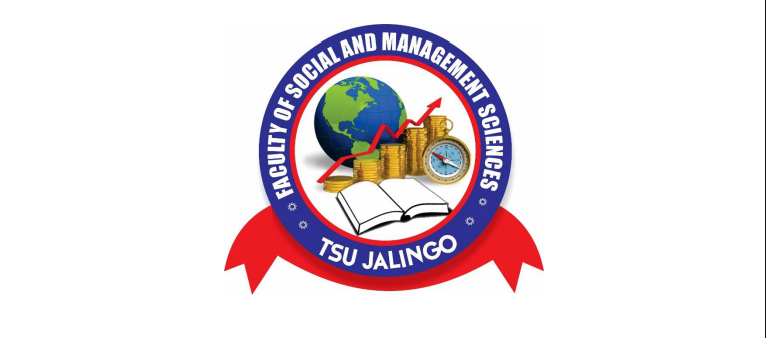Abdullahi Fodio’s Administrative Thesis on Corruption in the Sokoto Caliphate: Lesson for Nigerian Public Service
Keywords:
Abdullahi Fodio, Corruption, Sokoto Caliphate, Public serviceAbstract
Nigeria since independence has been at crossroads as it comes out of one economic, political or security crisis and enters into another. Several approaches such as the adoption of the Westminster model, the adoption of the American Presidential System after the failure of the Westminster model, the convening of national conferences and establishment of various anti-corruption policies have over the years been taken to find out solution, but till date, the solution has not been found. This study, therefore, examines from an indigenous legacy, exceptional thought of Abdullahi ibn Fodio on leadership which gave guidance to the success of the Sokoto caliphate especially in the area of public service delivery. The hallmark of this study is to use the Abdullahi’s model because it is closely
related to Nigeria’s national heterogeneous culture and to examine whether it can help in any way to save Nigeria from this state of impasse, since the imported systems have failed. Data were obtained from primary and secondary sources. The primary source include
interview which was conducted using judgmental sampling to complement the secondary data. Certain key issues about leadership were evaluated: distribution of justice in relation to equality before the law, meritorious appointments and revenue management. The study concludes that the antidote to the current predicament is to embrace such lofty ideals emanating from outstanding Islamic scholarship. Based on the findings, the study recommends introduction of moral education in schools, removal of immunity from all the executive positions, uniform salary scale for the federal political (elective) and administrative (civil servants) positions.

Downloads
Published
Issue
Section
License
Copyright (c) 2023 JALINGO JOURNAL OF SOCIAL AND MANAGEMENT SCIENCES

This work is licensed under a Creative Commons Attribution-NonCommercial 4.0 International License.
